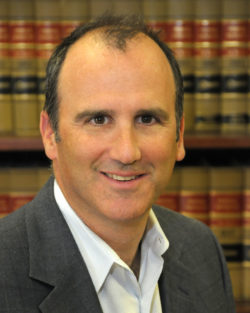From the Item Bank |
||
The Professional Testing Blog |
||
Should Certification Applications “Ban the Box”?May 19, 2016 | | Richard Bar This post is written by guest blogger and principal at GKG Law, P.C., Richard Bar.Employers looking to hire are increasingly concerned about “ban the box” laws. These laws prevent employers from asking job applicants about certain types of criminal history background questions during the job application stage (although those types of questions can be asked later in the hiring process). There are no “ban the box” Federal laws. Nonetheless, President Obama directed Federal agencies to abide by the “ban the box” principles. In addition, as of December 2015, 18 states and more than 100 cities and counties have passed “ban the box” legislation. Credentialing bodies have become concerned about the applicability of “ban the box” principals during the certification application process. While “ban the box” laws vary among the different state and local governments, certification bodies are not considered to be employers in the context of the certification application process. Therefore, certification applications are not governed by the “ban the box” laws of those states and municipalities that have adopted “ban the box” legislation. But, that should not be the end of a credentialing body’s concerns. There are several steps a certification organization can take to make sure its credential applications do not run afoul of laws that prevent the stigmatization of employment applicants and disparate impact among minorities. Certification bodies should be mindful of the following:
When it comes to their certification applications, credentialing bodies are not considered to be employers and therefore, are not governed by applicable “ban the box” legislation. While that is good news, it is not the whole story. Credentialing bodies still have to be mindful about what questions they can ask during the certification application process so as not to be in violation of other applicable laws. A careful analysis and review of your organization’s credentialing application will minimize the likelihood of a successful third party attack. About the Author:Richard Bar is a shareholder of GKG Law, P.C. in Washington D.C. Mr. Bar has been practicing law for more than 30 years. He is outside General Counsel to more than 50 tax-exempt organizations with a specific focus on the representation of credentialing bodies. He is a frequent speaker and author. You can contact Mr. Bar directly at rbar@gkglaw.com.
Categorized in: Industry News |
||


Comments are closed here.